IAEA head must visit Iran with 'specific objective', says Iran's nuclear chief
The chief of Iran's nuclear agency says any visit by the head of the International Atomic Energy Agency (IAEA) to the country needs to have a "specific objective", in an oblique reference to the UN nuclear watchdog's political approach.
"This trip needs preparations and content and the aims and schedule of this trip should be determined," Mohammad Eslami, who heads the Atomic Energy Organization of Iran (AEOI), said on the sidelines of a cabinet meeting in Tehran on Wednesday.
IAEA chief Rafael Grossi last week said he intends to go to Tehran in February for "much-needed dialogue" over Iran's cooperation with the UN nuclear agency and to discuss outstanding issues.
Grossi claimed that the suspension of talks aimed at the revival of the Joint Comprehensive Plan of Action (JCPOA) and Iran's recent measures to reduce its compliance with the 2015 deal meant that the IAEA could no longer effectively monitor the country's nuclear program.
He also touched on IAEA's so-called probe into what the agency claims are the presence of "undeclared uranium particles" at some nuclear sites in Iran.
Iran has already rejected the probe, saying it's based on forged evidence provided to the IAEA by the Israeli regime, slamming the agency for adopting a political approach and forsaking its technical mandate.
Eslami said the West is waging a psychological warfare operation by accusing Iran of failing to honor its commitments under the JCPOA, while the fact remains that the Islamic Republic met all its commitments under the deal.
He reiterated that Iran is committed to its obligations under the 2015 nuclear deal and as the signatory of the Nuclear Non-Proliferation treaty (NPT), which is evident from numerous inspections of its nuclear facilities by the UN agency inspectors.
"The agency has carried out around two-thousand inspections [of countries’ nuclear facilities] between 2020 and 2022, and over these three years, five hundred inspections -- that is one-quarter of all inspections -- were conducted in Iran," he said.
"They still feel concerned [about Iran's nuclear work] and this shows their language is the one used by enemies and aimed at a sabotage operation, [but] we won't be affected by them."
He stressed that the Israeli regime's influence over the UN nuclear agency and hostile moves against Iran over its nuclear work must end.
Iran rolled back its compliance with the 2015 nuclear accord after the US unilaterally withdrew from the pact and reimposed sanctions on Iran.
Tehran and the remaining signatories to the pact have held talks on reviving the accord since April 2021, after Joe Biden came to power in the US. But those talks have been stalled for months amid Washington's procrastination and refusal to provide guarantees.
Iran says an agreement on the revival of the deal hinges on the settlement of issues between Tehran and the IAEA, as well as the removal of all US sanctions on the country.
Iranians declared their rights and dignity are not for sale: Araghchi
VIDEO | Netanyahu rushes to White House as Iranian leverage grows
VIDEO | Pakistan hosts events on 47th anniversary of Iran’s Islamic Revolution
VIDEO | Press TV's news headlines
Report: Epstein's FedEx account remained active after death, lists Israeli ex-military figure among
VIDEO | Choosing to stay: Palestinian-Americans building life at home
FM questions ‘narrative’ pushed by Israeli-American Trump donor’s outlet ahead of Netanyahu visit
US lawmaker blasts attorney general for ‘lying under oath’ over handling of Epstein probe


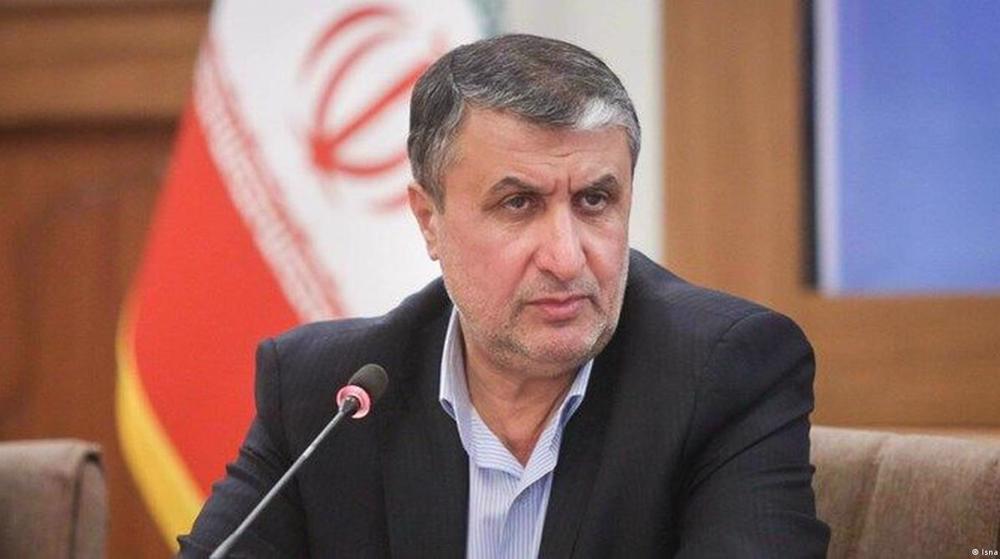
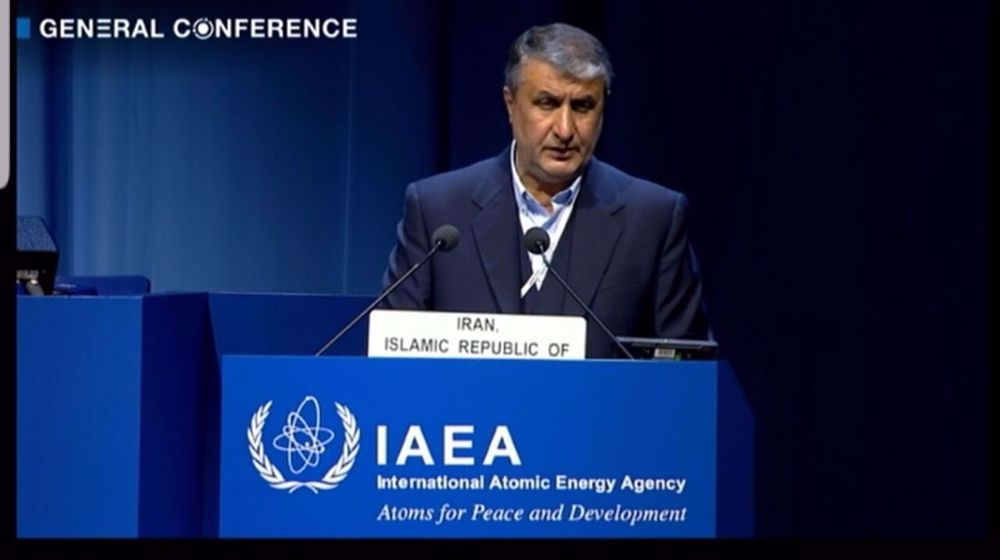
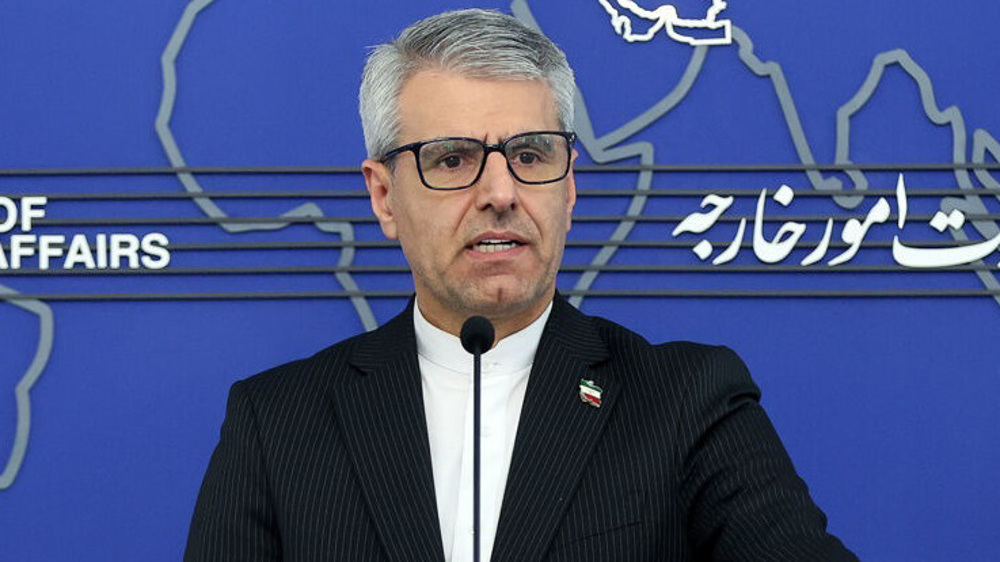
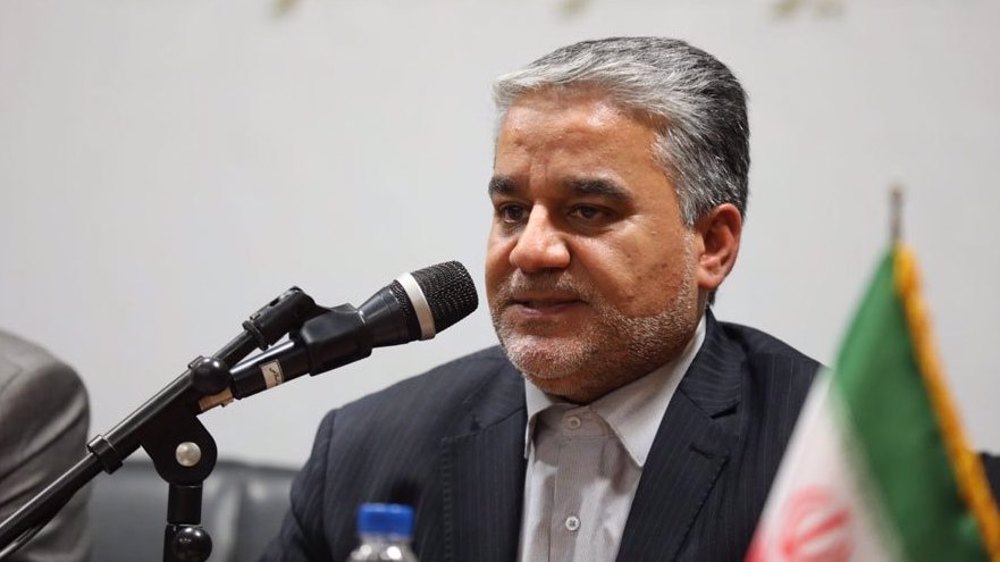
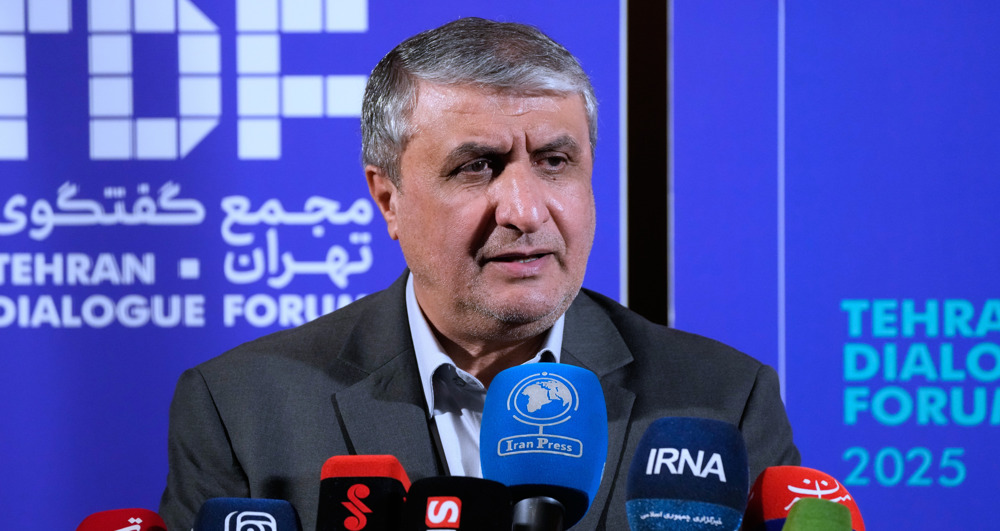



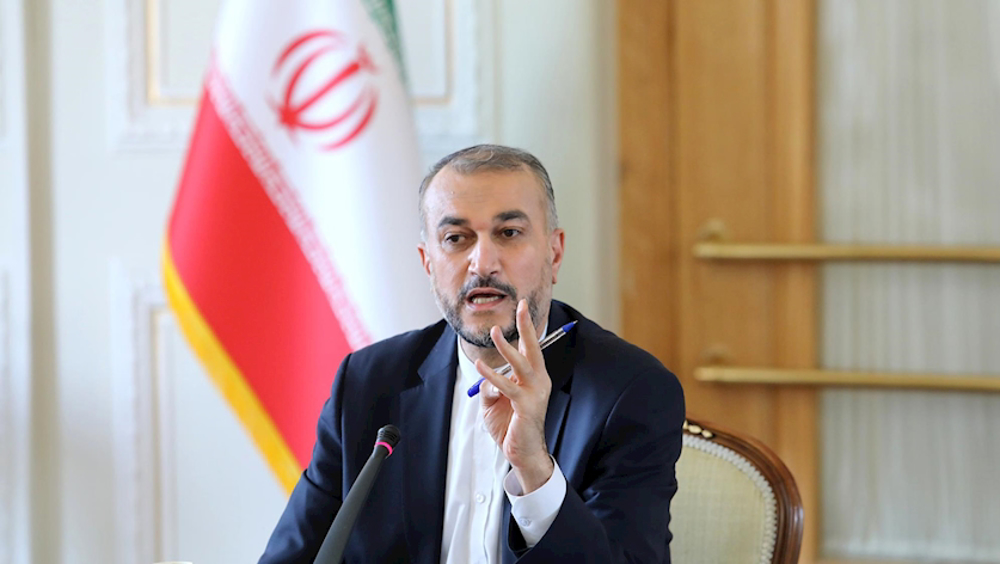
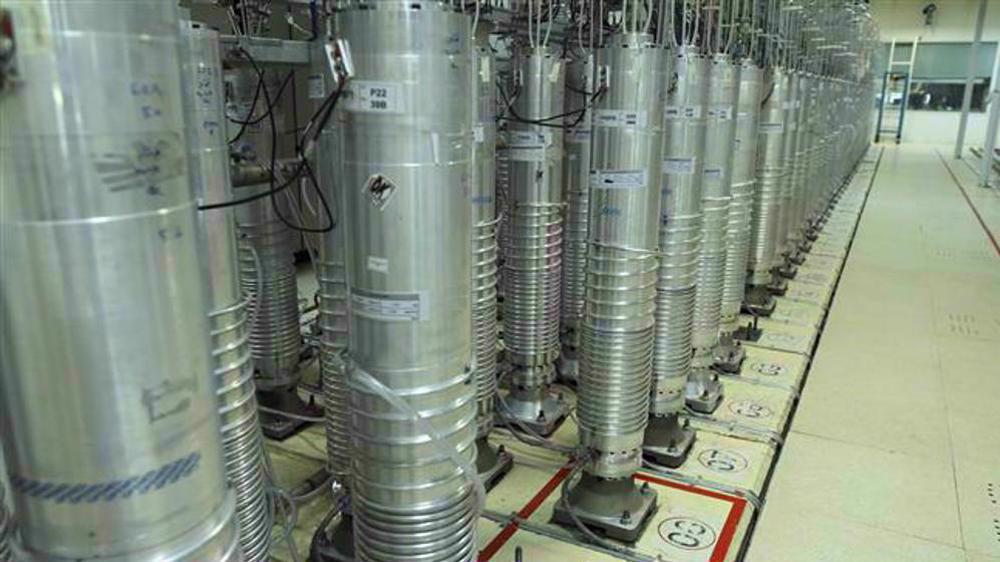
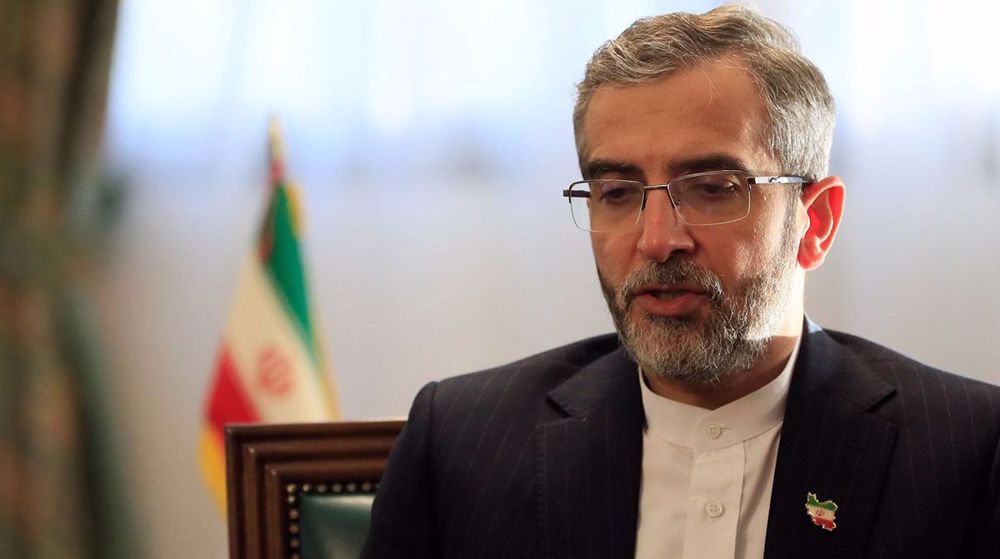
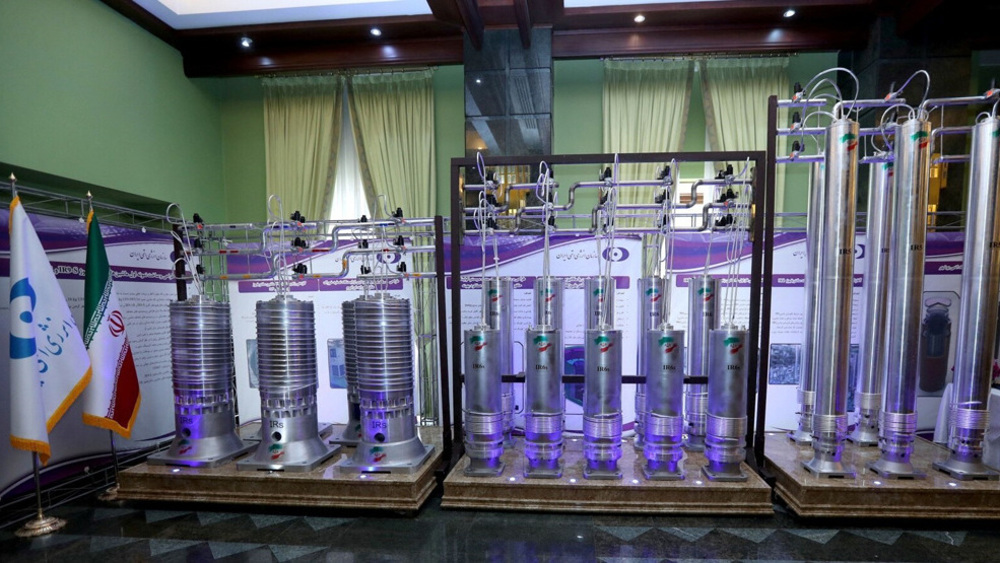

 This makes it easy to access the Press TV website
This makes it easy to access the Press TV website